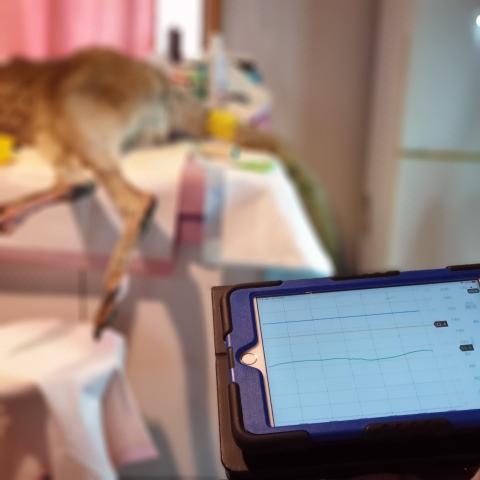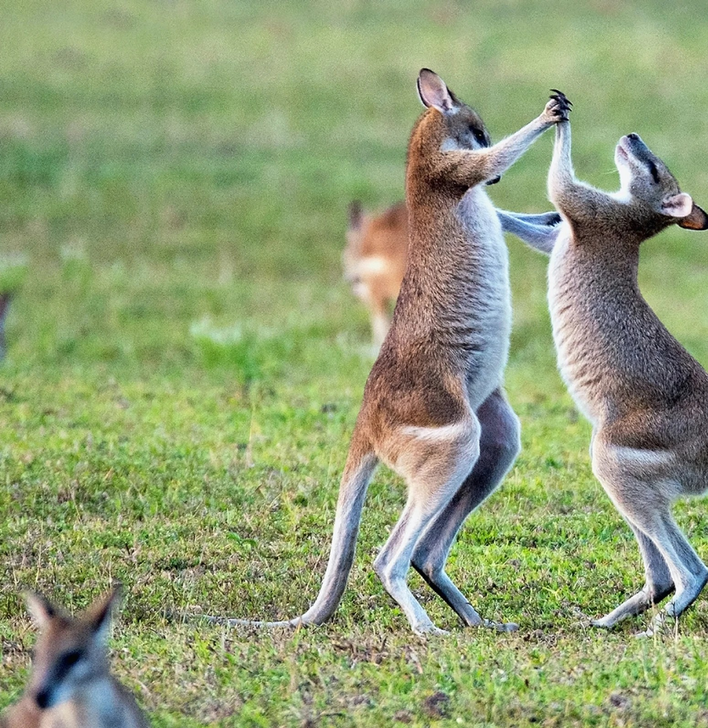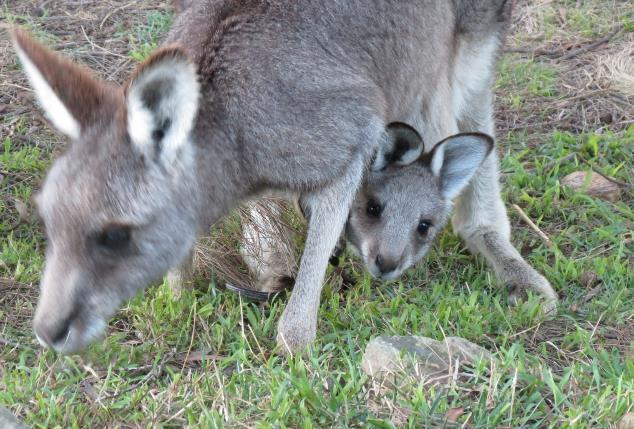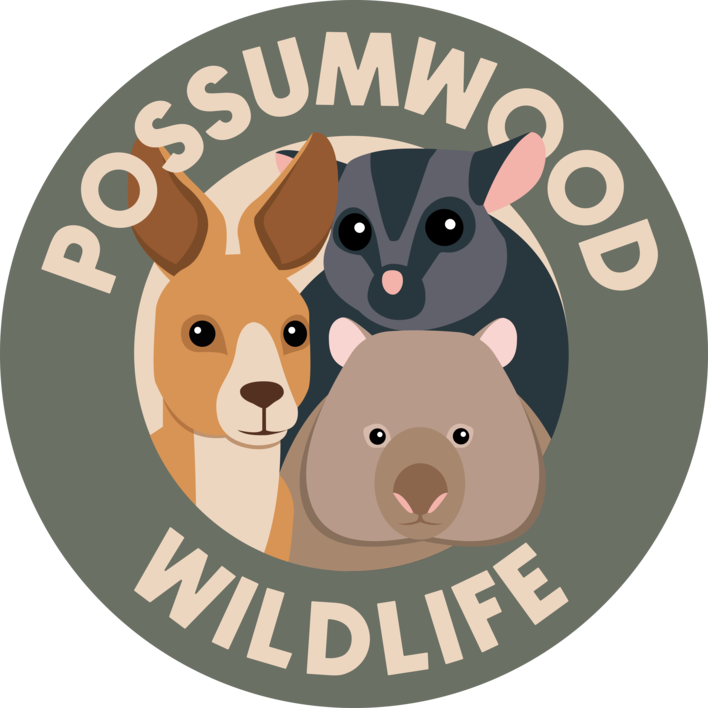- Apr 8, 2022
- 2 min read
Macropod Stress Research Agenda

The significance of stress on wildlife, particularly in mammals, is not fully appreciated by rehabilitators, zoos, conservation and reserve managers, ecologists and veterinarians. Acute stress in these animals can, without appropriate treatment or environmental adjustment, progress to chronic stress, renal failure, myopathy and death. This is of international relevance to many species of wildlife.
In Australia, susceptibility to disease in macropods and other Australian mammals such as wombats, possums, and koala may be a manifestation of chronic stress. It has implications for medication, husbandry and release. Globally, stress is an important wellbeing determinant for many animals.
The existing research literature on stress in native wildlife mammals is small and generally focuses on ‘contrived’ lab-based stress situations such as changes in location or food supply or uses cortisol from blood, faecal dropping, hair, or saliva samples. Other research on wildlife stress focusses on observed patterns of behaviour – ethnography. Given the significance of stress for wildlife wellbeing its surprising that there is no real-time quantitative analysis to better tailor and target the treatment and recovery regimen to differing wildlife trauma situations and other circumstances.
In this project we examine the real-time stress impact of everyday real-world life-threatening significant trauma such as wire fence entanglement; bush fire burns, dog/ fox attack; environmental change, and immobility due to injury and disease. Critical survival variables such as core body temperature, heart and respiration rate and oxygen saturation are collected using wireless transmitters and correlated with measures such as cortisol and blood biochemistry, and ethnographic behavioural changes.
The two-year project is a partnership between Possumwood Wildlife and Alpha Vet Tech in association with Aussie Mobile Vet and the University of Technology Sydney. The project is being led by Possumwood co-founders Professor Steve Garlick and Dr Rosemary Austen with Aussie Mobile vet Dr Audrey Shen.



